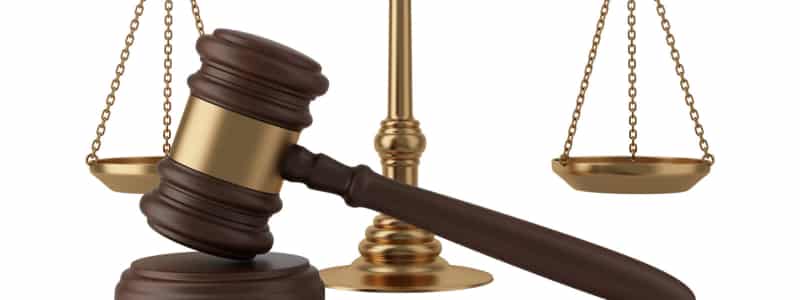A Bill to restructure the Independent Commission Against Commission (ICAC) was introduced recently, following criticisms as to the “independency” of the Commission’s operations.
So what precisely are the changes being proposed and how will they affect the anti-corruption watchdog?
Background
The Bill attempts to introduce a panel of three commissioners, rather than one. NSW Premier Mike Baird is aiming to gain bipartisan support for the passing of the Bill.
Currently, the position of chief commissioner is held by Supreme Court Justice, Megan Latham on a contract expiring in 2019. Ms Latham has expressed that the government had not provided the ICAC with sufficient or timely notice as to the proposed reforms.
Ramifications
If successfully passed, public hearings by the ICAC will be determined under one chief commissioner, appointed for a term of five years, and two others.
As a result, Ms Latham may be removed from her position and may have to reapply to regain a role within the corruption watchdog.
The Bill also proposes a requirement that “a reasonable opportunity to respond before including an adverse finding or opinion about the person in a report” must be given by both the ICAC and the ICAC inspector.
Concerns
The criticisms which surround ICAC’s dealing with Liberal party donations in 2010/11 continue to overshadow much of the ongoing debates. Indeed, the current situation represents a tense atmosphere between the Australian legislative and executive bodies.
Labor Party members Michael Daley and Luke Foley have argued that the government is effectively dismissing Ms Latham from her role through overriding legislative reform. Ms Latham herself, believes that the changes will restrict the ICAC’s ability to carry out investigations.
Former commissioners, David Ipp and Anthony Whealy have also challenged the bill in light of similar concerns, alleging also that Ms Latham’s “independent” investigation against Liberal politicians in the past have been successful, and that the motive for the proposed amendments may be little more than political.
Conclusion
The current situation opens up a lot of issues surrounding the operations of the ICAC as a supposedly independent body. It will be interesting to see how the objectives of combating corruption and improving the integrity of the public sector will be affected irrespective of whether the bill is passed.
What are your thoughts on the current ICAC situation? Let us know by tagging us #lawpath or @lawpath.






